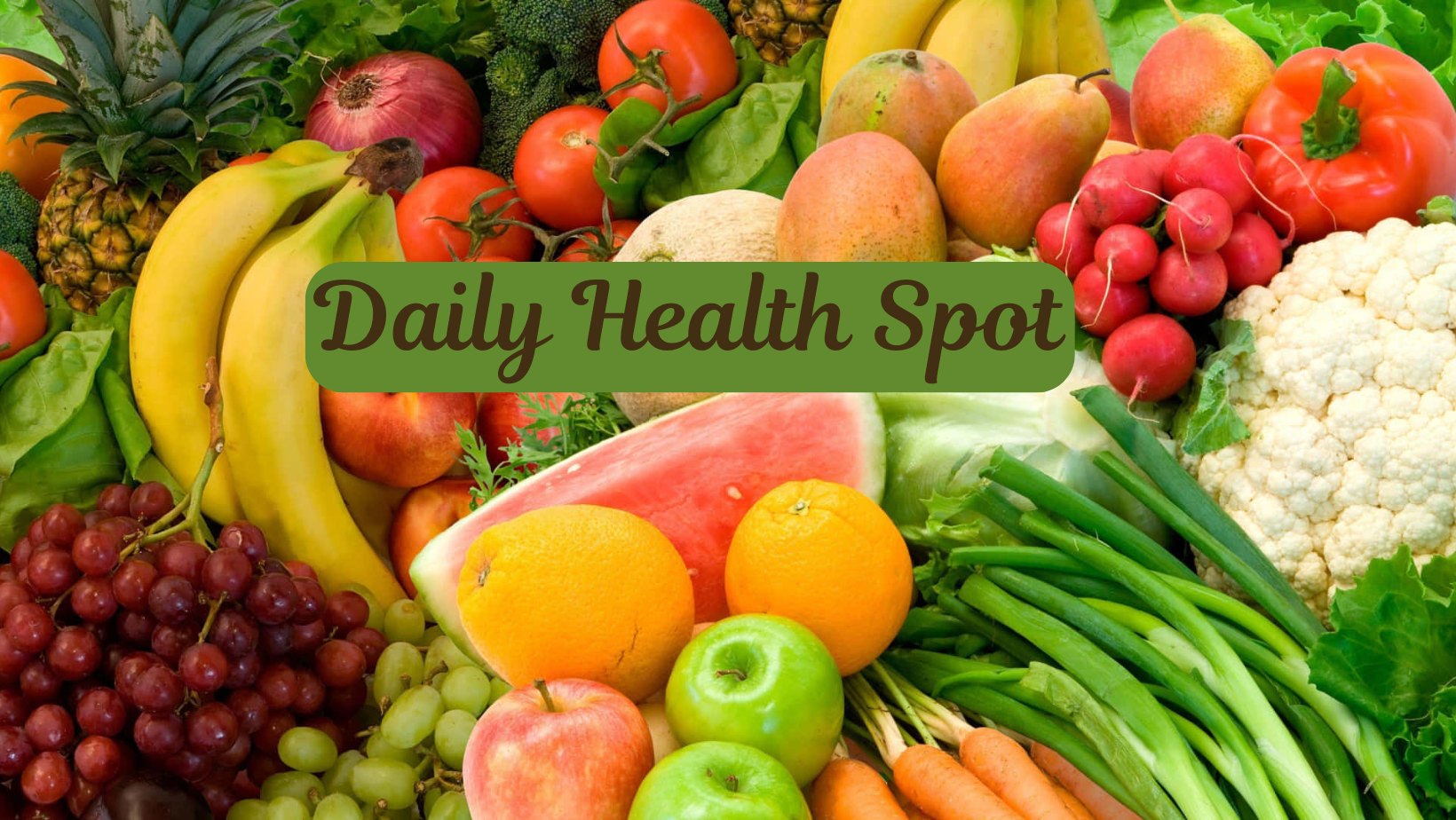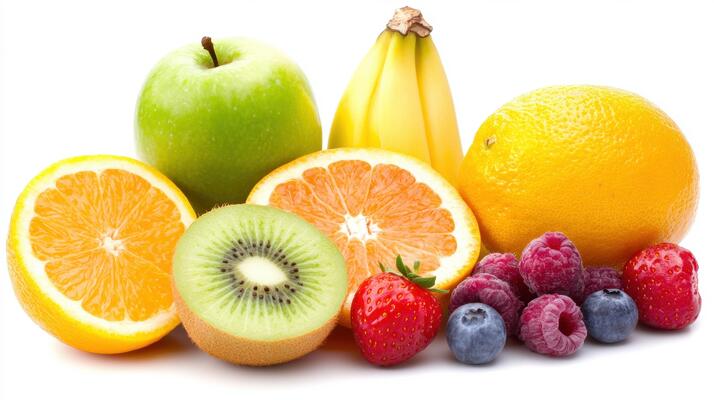Welcome to Daily Health Spot
Here you will find the best tips, tricks and recipes for good health!

Daily Health Spot Blog


Eating well is crucial at any age, but as you reach 40 and beyond, certain foods can help address age-related health concerns and support overall wellness. Here are ten healthy foods that are particularly beneficial for people over 40:
1. **Leafy Greens**: Vegetables like spinach, kale, and Swiss chard are rich in vitamins, minerals, and antioxidants, which help maintain eye health and reduce inflammation.
2. **Berries**: Blueberries, strawberries, and raspberries are packed with antioxidants and fiber, promoting heart health and aiding in cognitive function.
3. **Fatty Fish**: Salmon, mackerel, and sardines are high in omega-3 fatty acids, which support heart health and reduce the risk of chronic diseases.
4. **Nuts and Seeds**: Almonds, walnuts, chia seeds, and flaxseeds provide healthy fats, protein, and fiber, helping to manage cholesterol levels and support brain health.
5. **Whole Grains**: Foods like quinoa, brown rice, and oats are high in fiber, which aids digestion and helps maintain a healthy weight.
6. **Cruciferous Vegetables**: Broccoli, cauliflower, and Brussels sprouts are rich in nutrients that support detoxification and may reduce cancer risk.
7. **Avocado**: This fruit is a great source of healthy fats, potassium, and vitamins, which support heart health and maintain healthy skin.
8. **Legumes**: Beans, lentils, and chickpeas are excellent sources of plant-based protein and fiber, promoting digestive health and stabilizing blood sugar levels.
9. **Yogurt**: Rich in probiotics, yogurt supports gut health and provides calcium and vitamin D, which are essential for bone health.
10. **Dark Chocolate**: In moderation, dark chocolate with a high cocoa content is rich in antioxidants and can support heart health and improve mood.
Incorporating these foods into a balanced diet can help maintain health and vitality as you age. Always consult with a healthcare provider or a nutritionist for personalized dietary advice.
Keeping your brain healthy and active as you age involves a combination of lifestyle choices that support cognitive function and overall well-being. Here are some strategies to help maintain brain health:
1. **Stay Physically Active**: Engage in regular exercise, such as walking, swimming, or yoga. Physical activity increases blood flow to the brain and can promote the growth of new brain cells.
2. **Eat a Balanced Diet**: Consume a diet rich in fruits, vegetables, whole grains, lean proteins, and healthy fats. Foods high in antioxidants, omega-3 fatty acids, and vitamins like B, D, and E can support brain health.
3. **Stay Mentally Active**: Challenge your brain with puzzles, reading, learning a new language, or playing musical instruments. Engaging in intellectually stimulating activities can help maintain cognitive abilities.
4. **Socialize**: Maintain social connections and engage in meaningful activities with family and friends. Social interaction can help ward off depression and stress, both of which can contribute to cognitive decline.
5. **Get Enough Sleep**: Aim for 7-9 hours of quality sleep per night. Sleep is crucial for memory consolidation and cognitive function.
6. **Manage Stress**: Practice stress-reduction techniques such as mindfulness, meditation, or deep-breathing exercises. Chronic stress can negatively impact brain health.
7. **Keep Learning**: Continuously seek new experiences and learning opportunities. Lifelong learning helps keep the brain engaged and active.
8. **Limit Alcohol and Avoid Smoking**: Excessive alcohol consumption and smoking can harm brain cells and lead to cognitive decline. Moderation and avoidance are key.
9. **Monitor Health Conditions**: Keep chronic conditions like hypertension, diabetes, and high cholesterol under control. These conditions can affect brain health if not managed properly.
10. **Protect Your Brain**: Wear helmets when biking or engaging in activities with a risk of head injury. Protecting your head can prevent traumatic brain injuries that may impact cognitive function.
11. **Stay Hydrated**: Drink plenty of water throughout the day. Dehydration can affect concentration and cognitive abilities.
12. **Consider Cognitive Training**: Engage in computer-based brain training programs designed to improve memory, attention, and problem-solving skills.
By incorporating these strategies into your daily routine, you can help maintain and even enhance your brain health as you age.